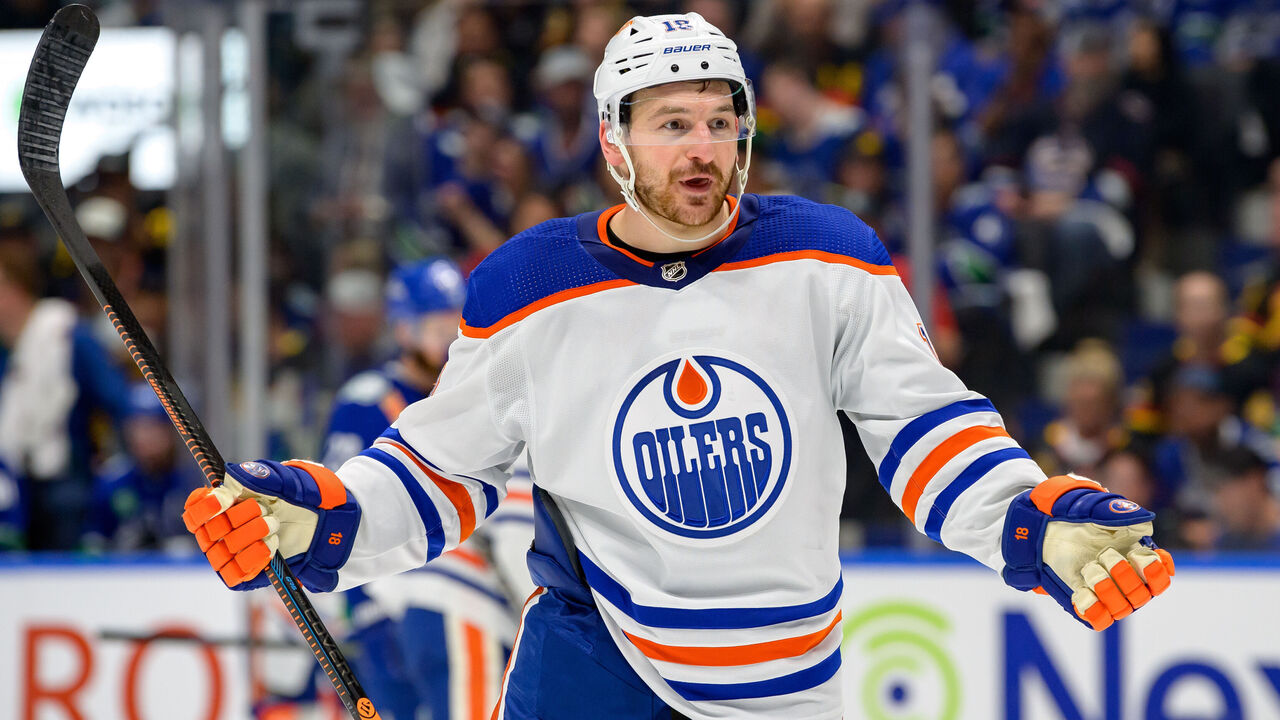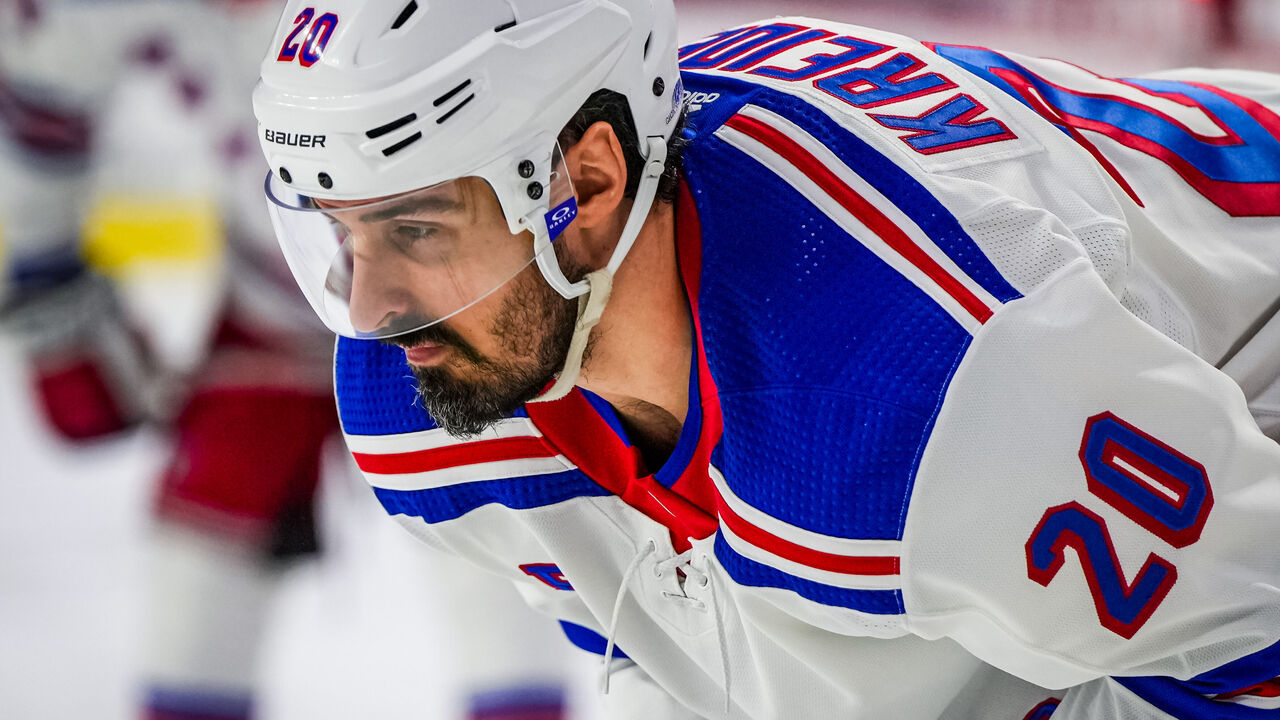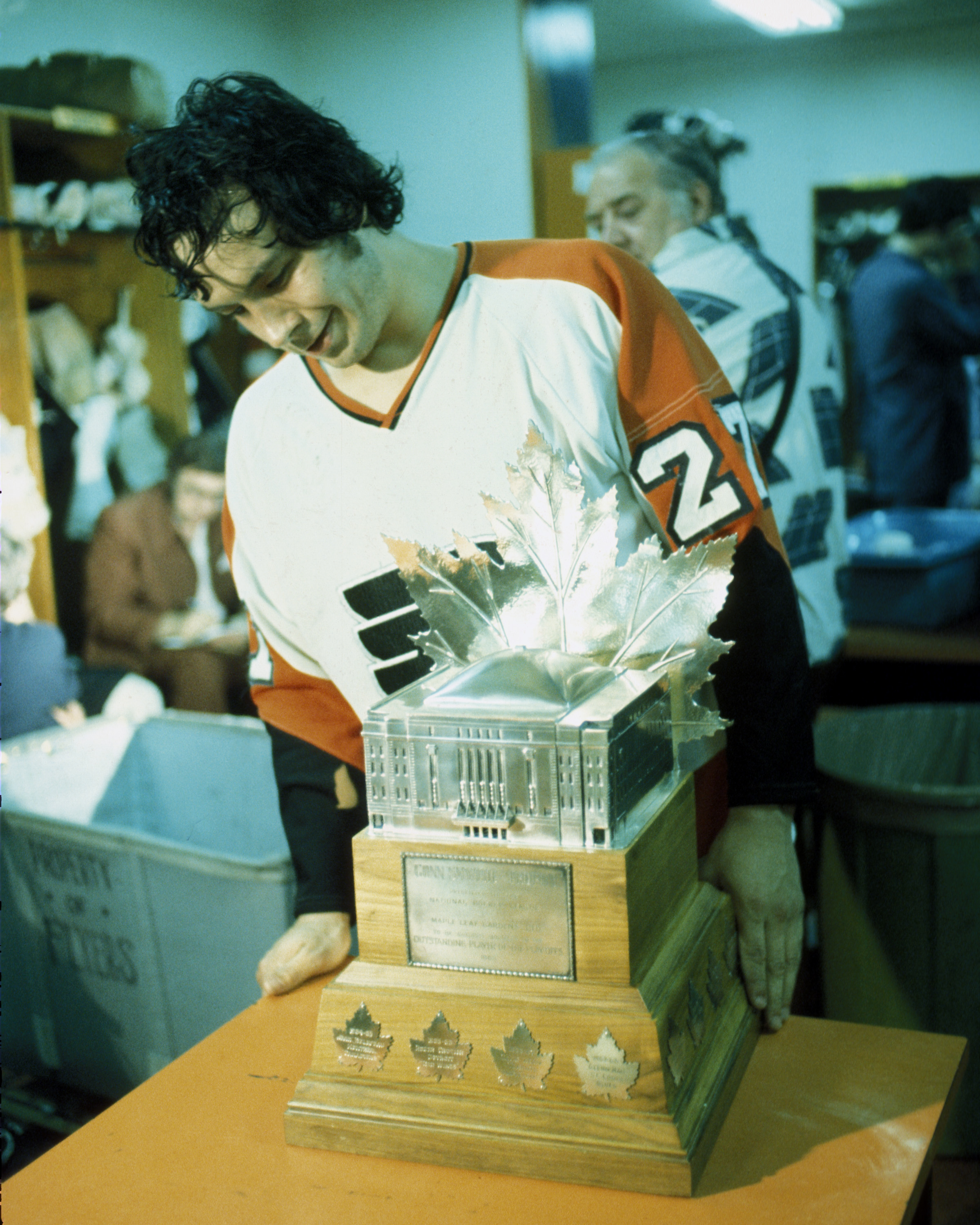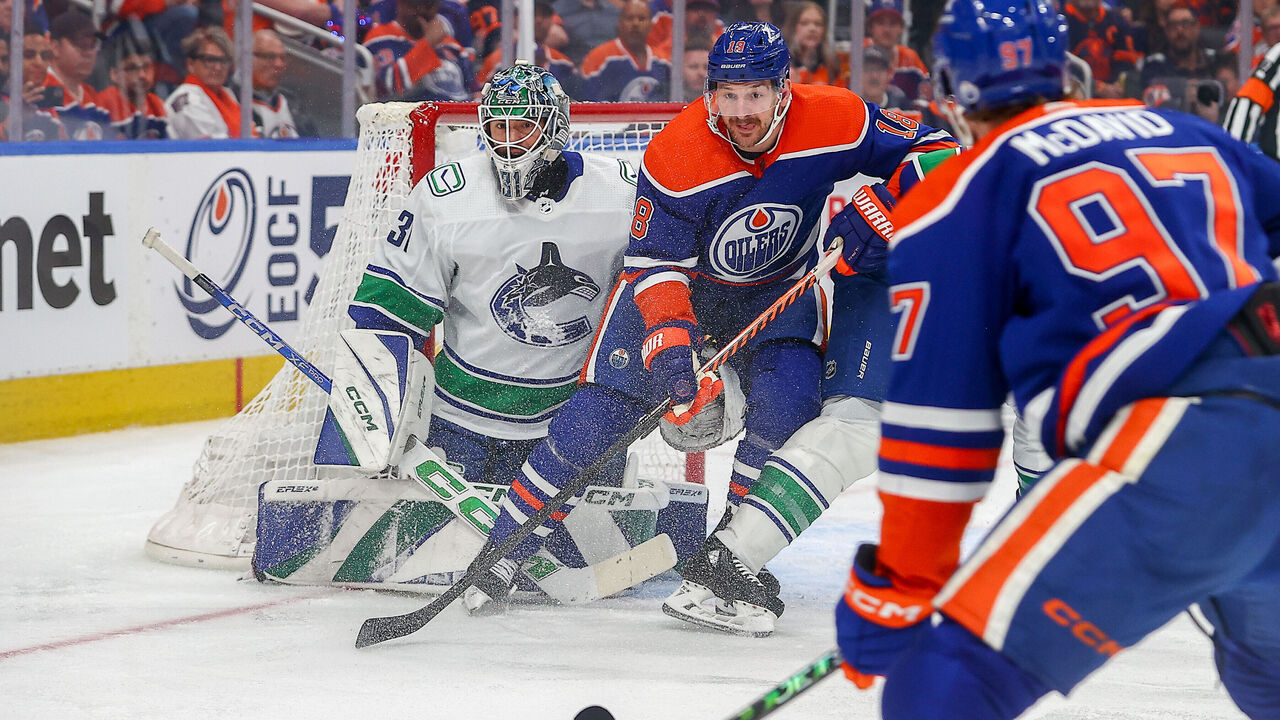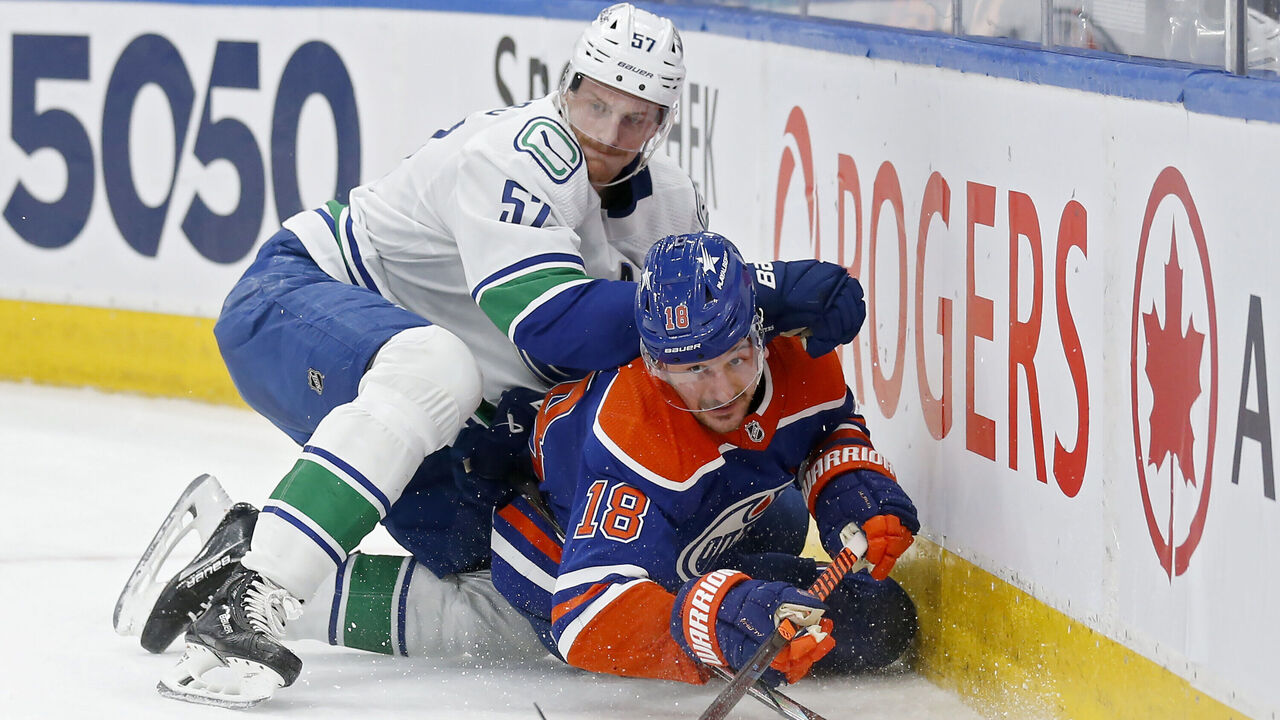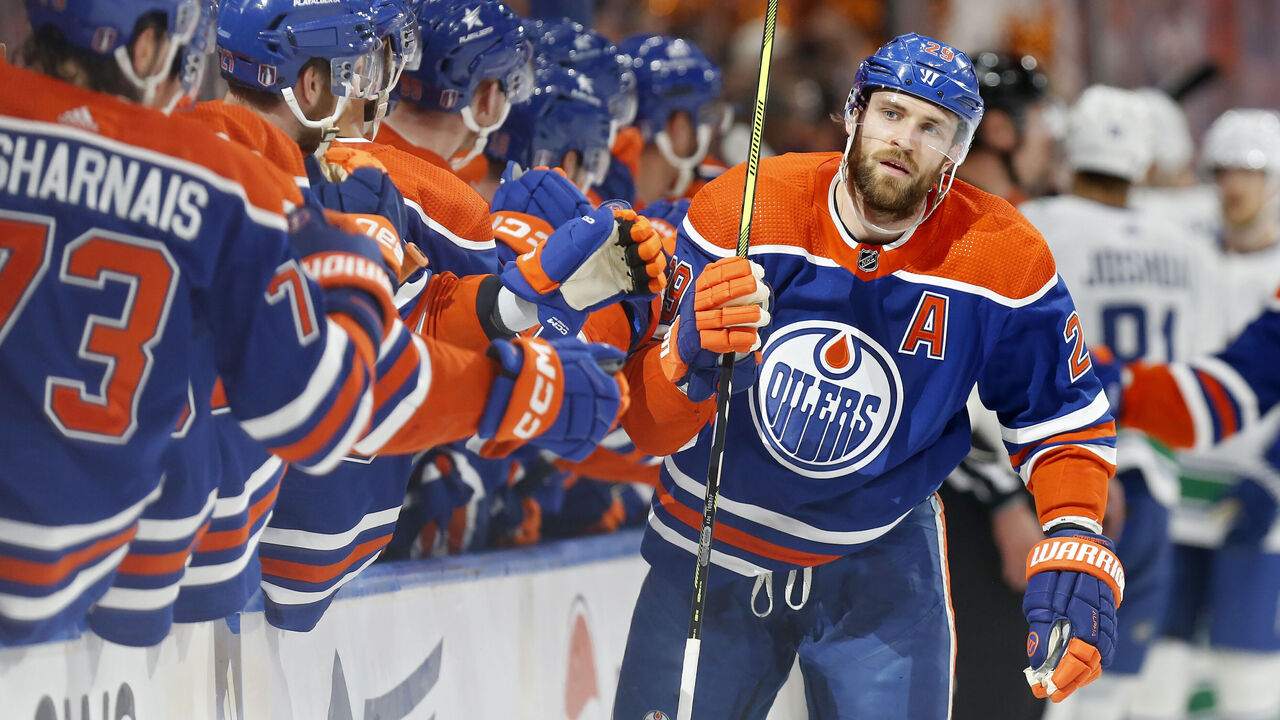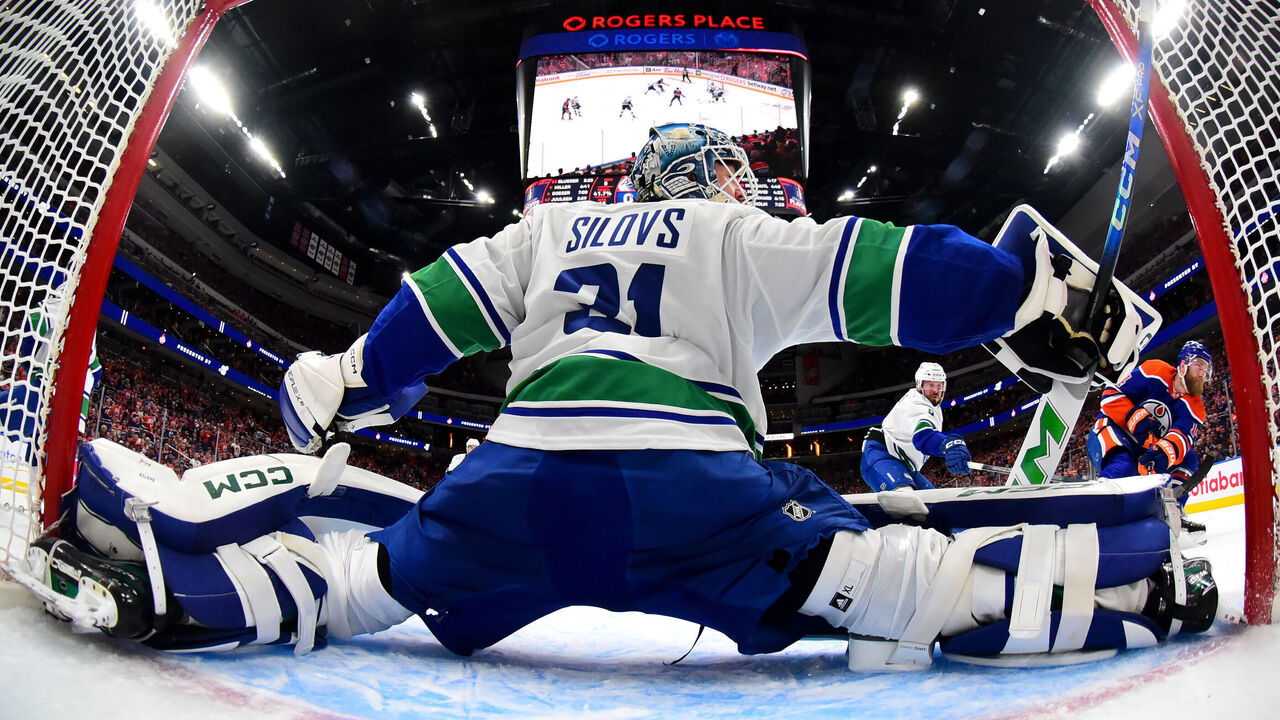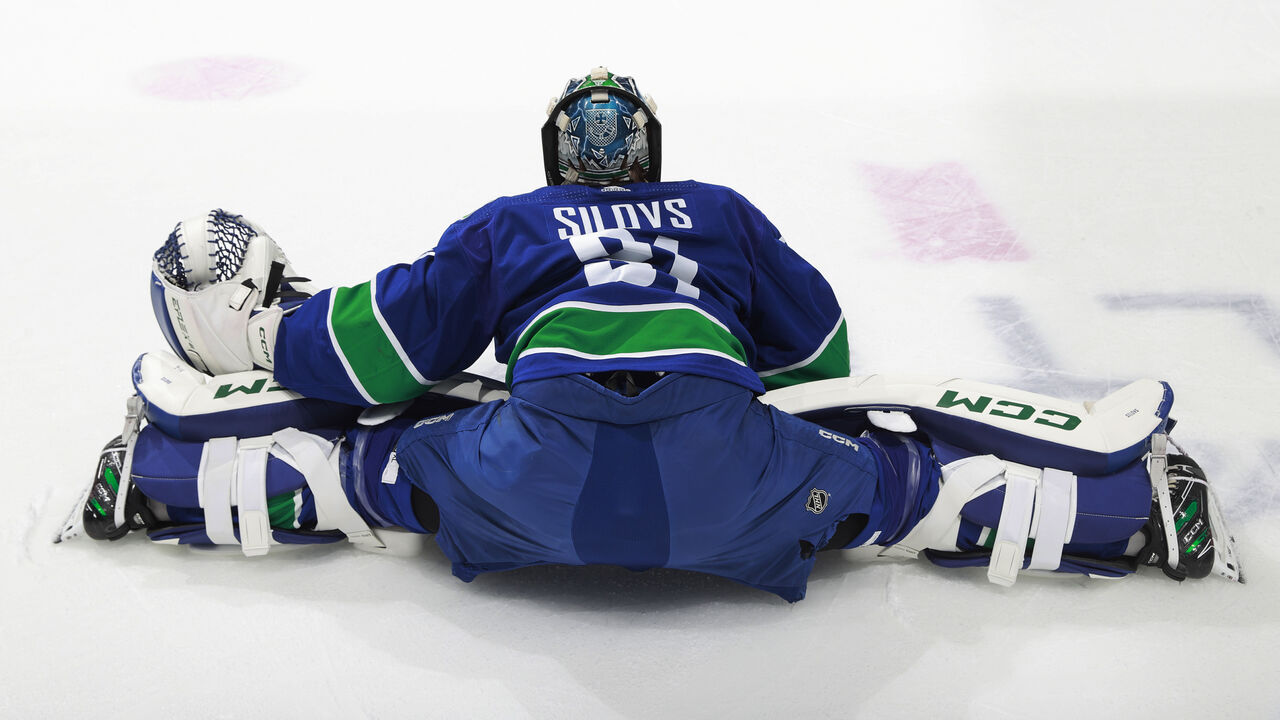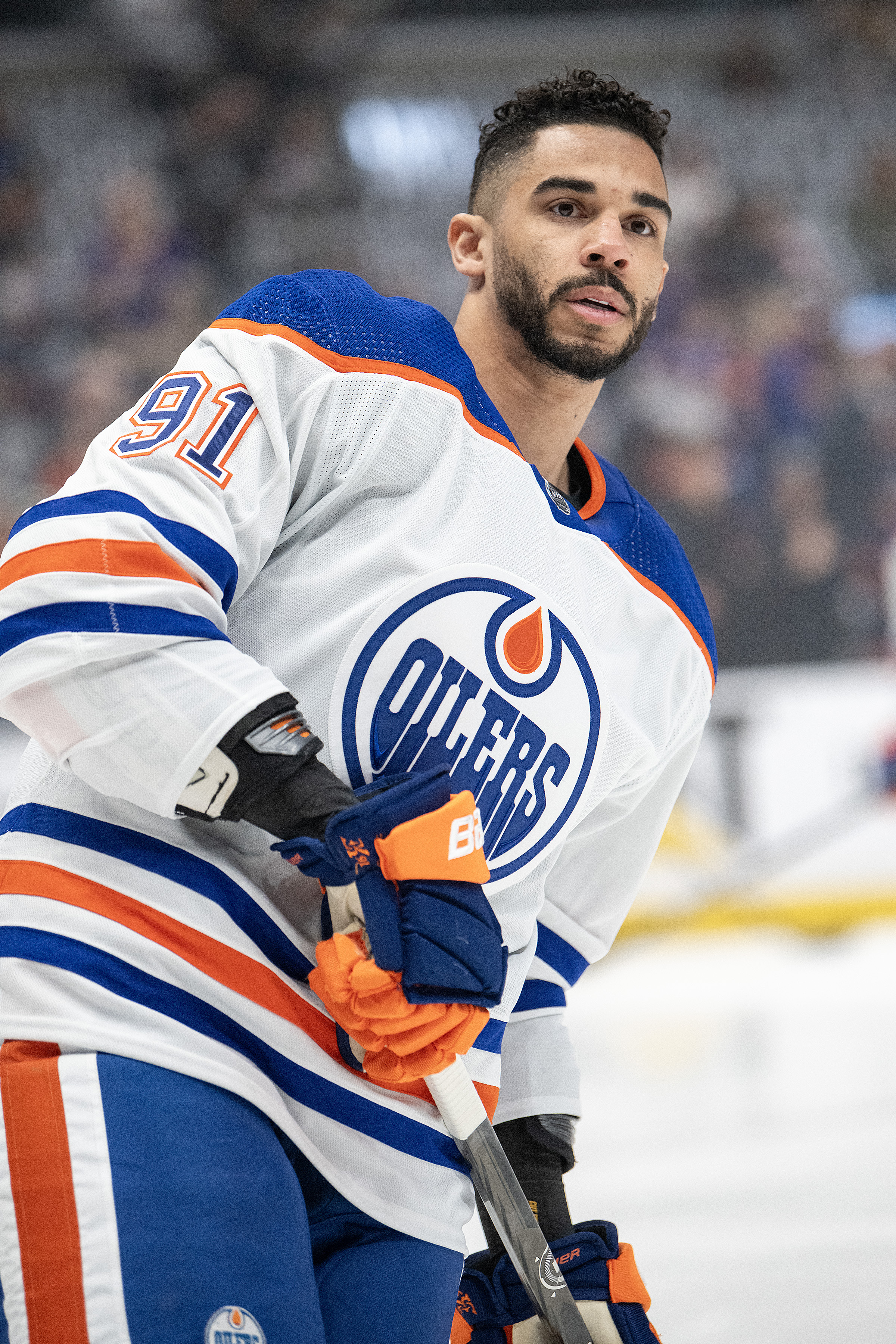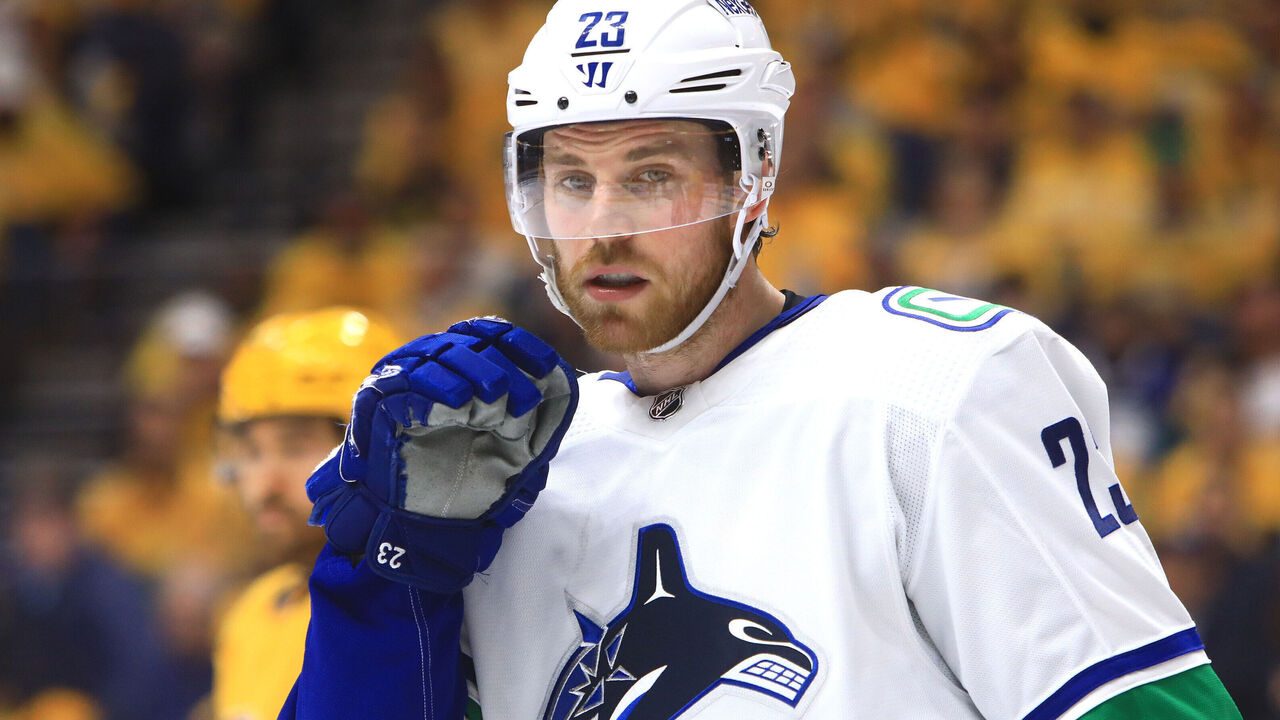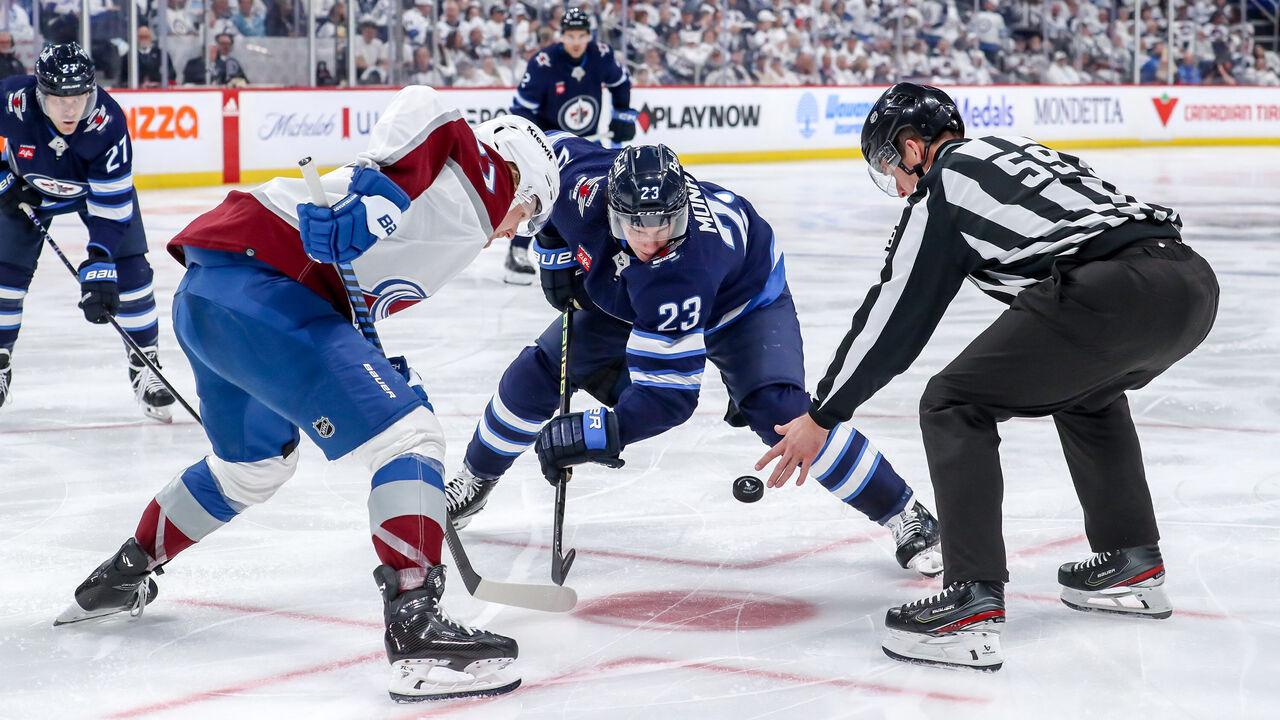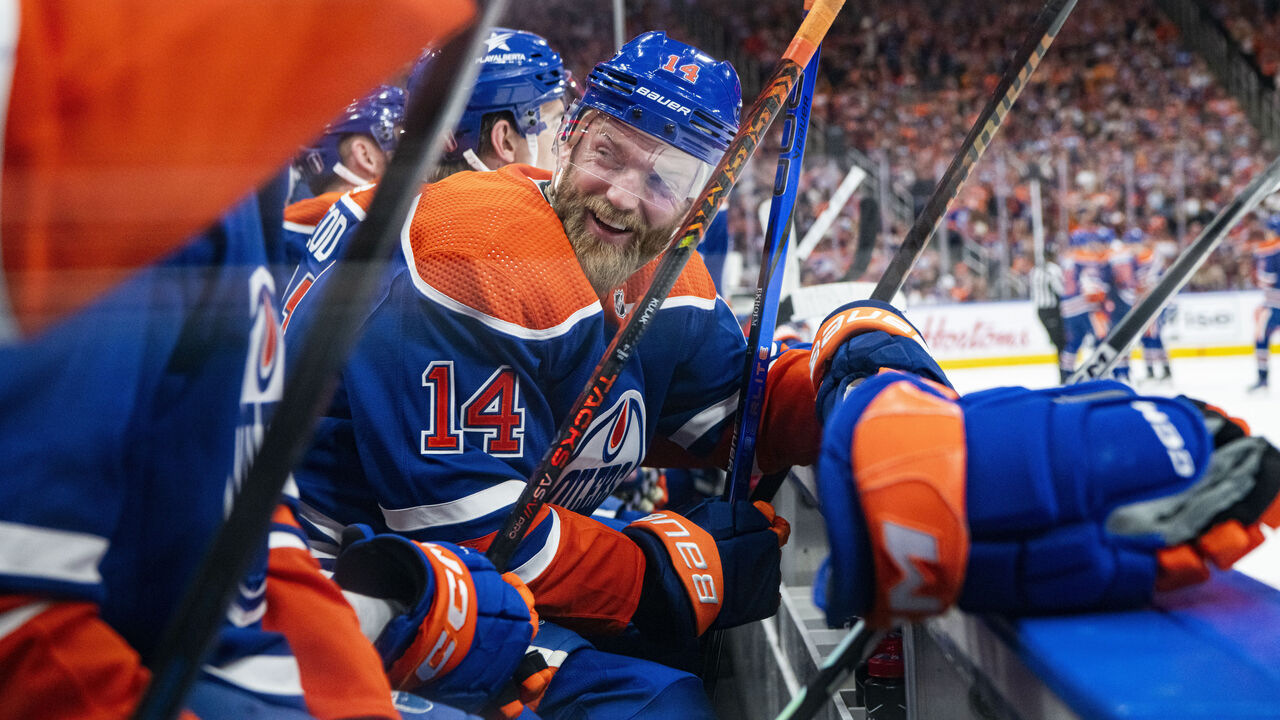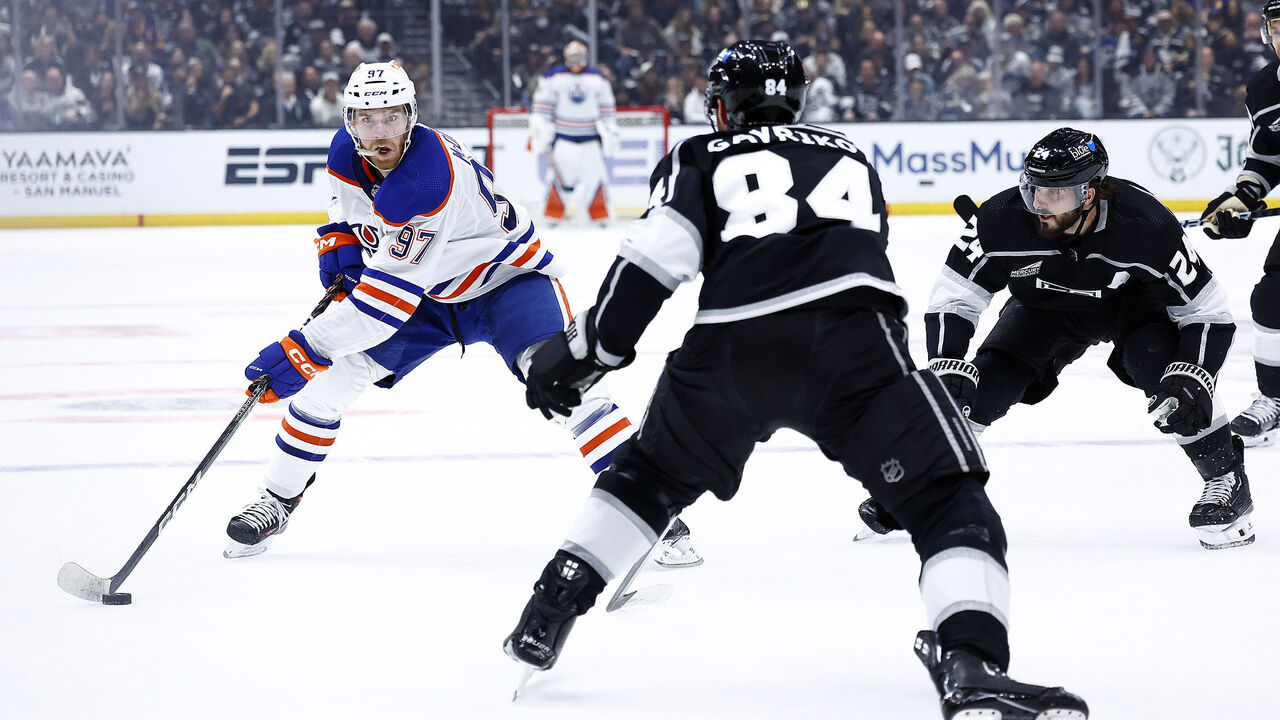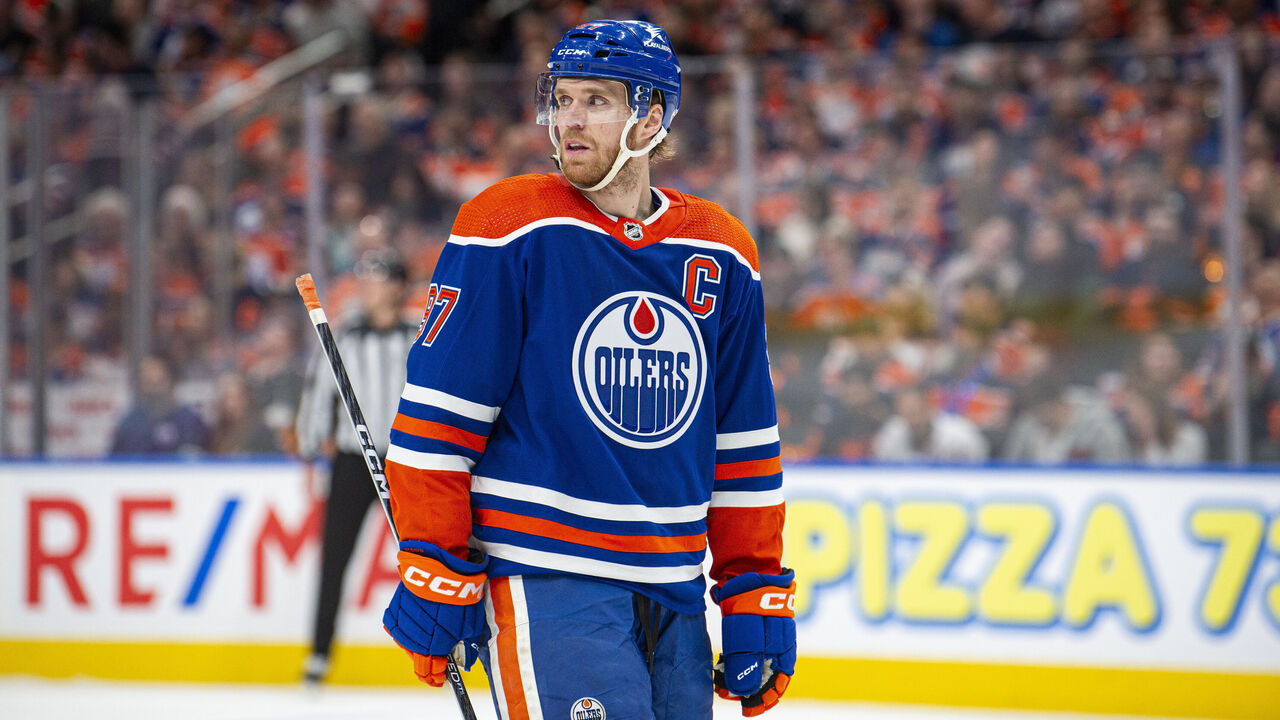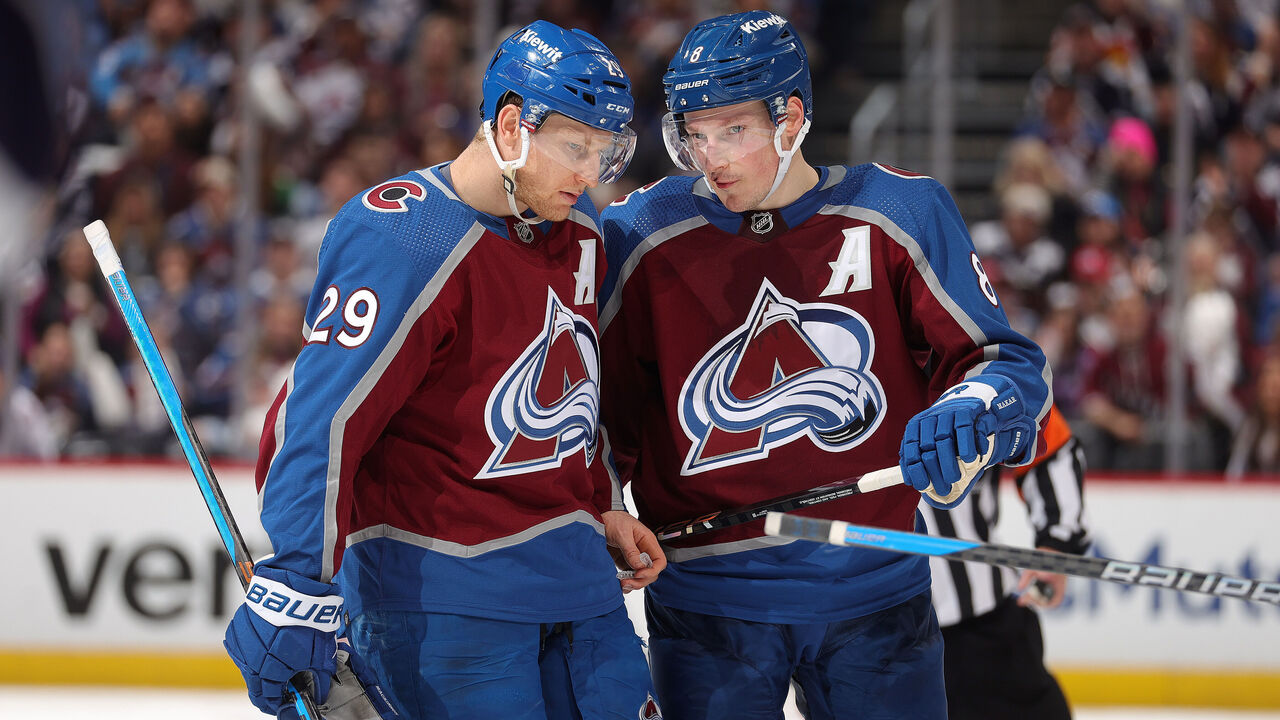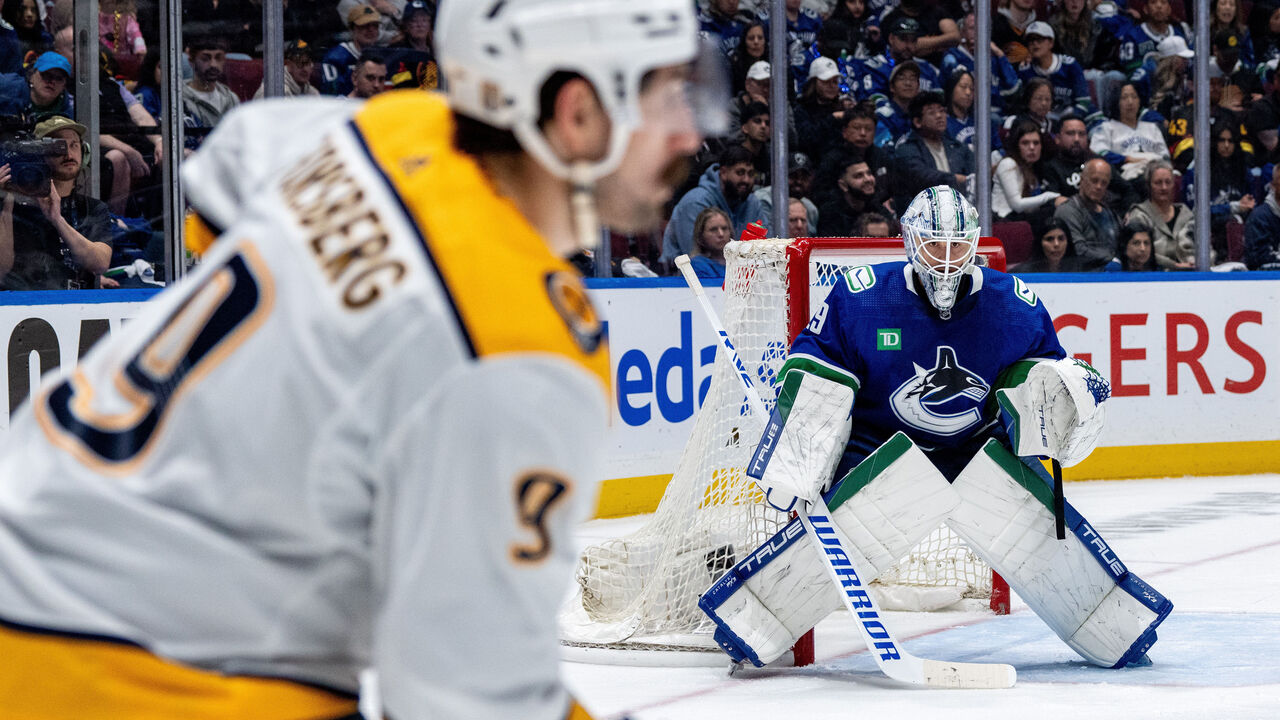The Ottawa Senators and Boston Bruins briefly upstaged the riveting conclusion to the Stanley Cup Final with the announcement that Linus Ullmark was changing teams.
The Senators acquired the 2023 Vezina Trophy winner on Monday night in exchange for goaltender Joonas Korpisalo, fourth-line center Mark Kastelic, and this year's No. 25 draft pick, which the Bruins originally owned. Ottawa retains 25% of Korpisalo's $4-million cap hit over the next four seasons.
Here's what the trade means for both sides.
Senators
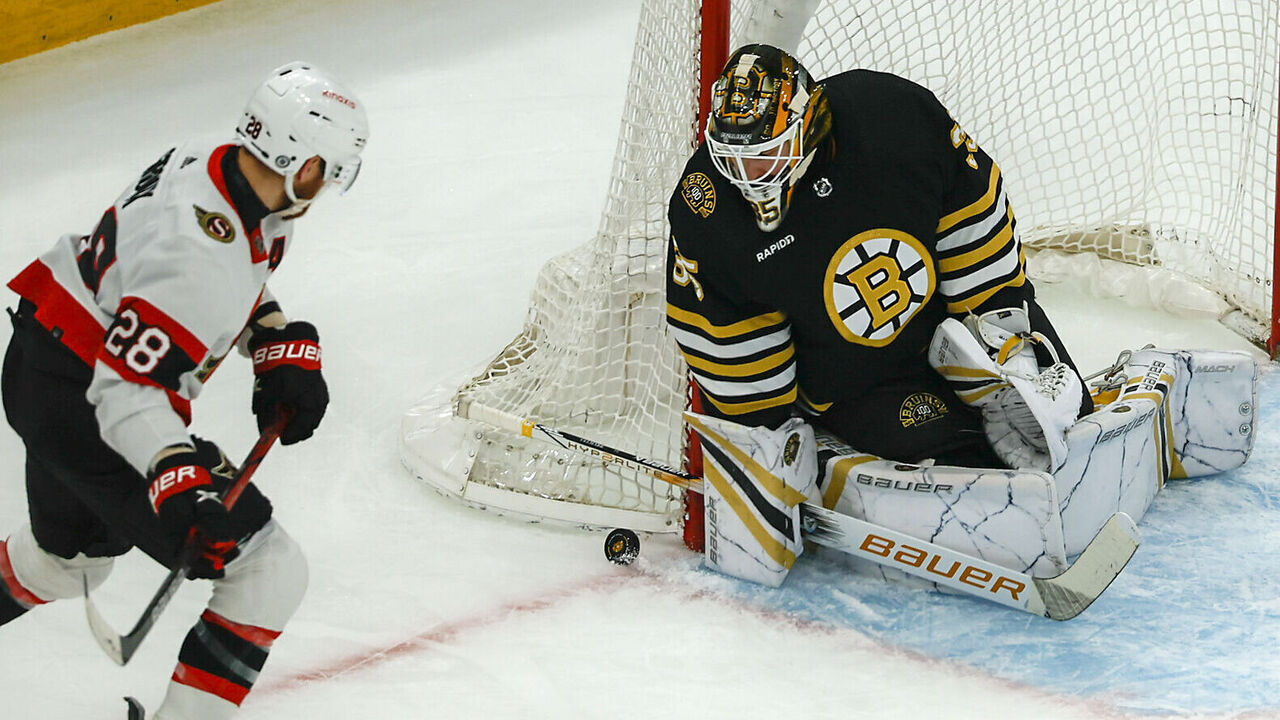
The defensemen in front of them were prone to slipups last season, but Korpisalo and goalie partner Anton Forsberg sapped Ottawa's confidence.
Senators netminders let in the opponent's first or second shot in 22 games. Korpisalo's deflating .890 save percentage condemned the team to a seventh straight missed postseason and 26th-place finish.
The Ullmark trade is doubly satisfying for Steve Staios, Ottawa's rookie GM. He adds a legitimate starter with a .918 career denial rate who ranked fifth in the NHL over the past five seasons in goals saved above expected, per Evolving-Hockey. In the process, Staios undid one of predecessor Pierre Dorion's glaring, expensive mistakes.
A Korpisalo buyout would've cost the Senators $10.7 million through 2032, per CapFriendly. They're paying less dead money over a shorter span, now get to ice an accomplished goalie, and still possess the No. 7 pick in Friday's draft.
The cool and collected Ullmark, who's never made 50 starts in a season, won't necessarily dominate in the Canadian capital. Ottawa's reputation as a goalie graveyard preceded Korpisalo's cursed stint. Staios also hasn't extended Ullmark, who's on track to reach free agency next summer, though contract talks could heat up this week.
Staios didn't need to swap Jakob Chychrun, Erik Brannstrom, or another decent player to land his desired goalie. More moves will follow as he attempts to reshape and upgrade the Ottawa defense corps.
Grade: A- (could be A if Ullmark extends)
Bruins
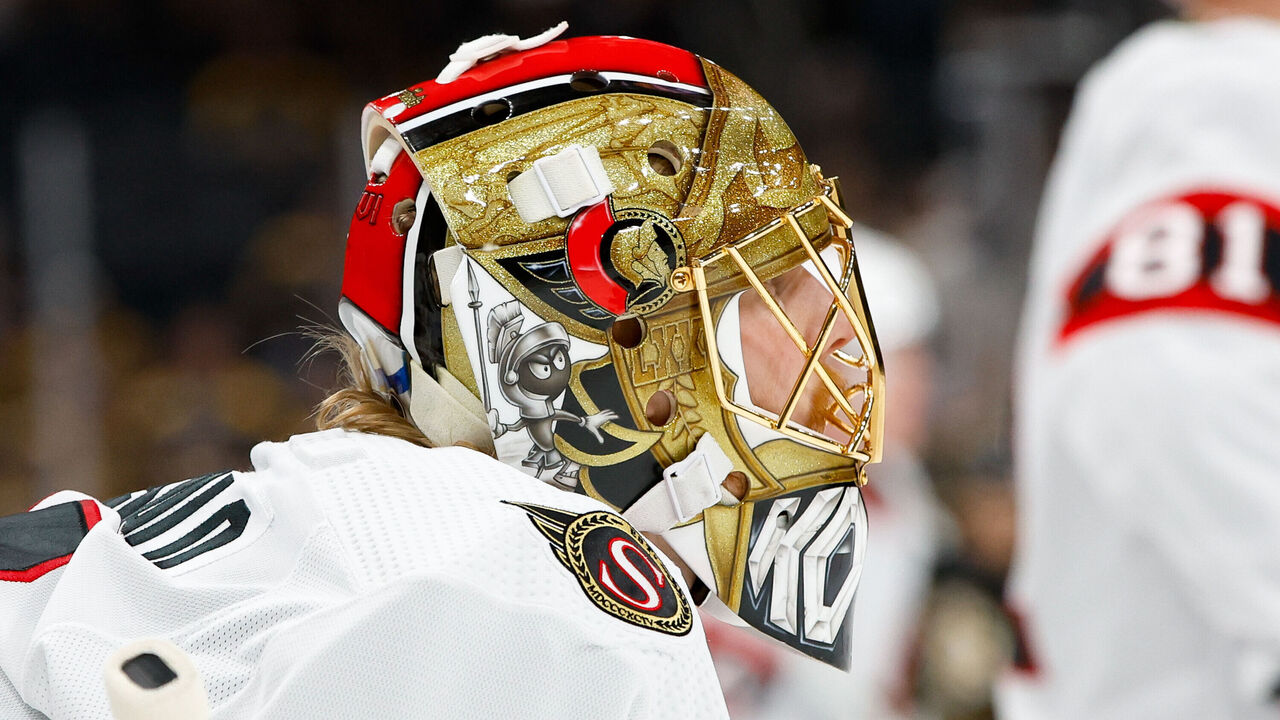
The No. 25 pick comes late in the first round, Kastelic is a physical but pedestrian depth center, and Korpisalo's lighter cap charge will still sting if he performs like he did in Ottawa.
Despite the meager return, the trade contains silver linings for the Bruins, notably that they'll get to draft in Round 1 for just the second time in five years. Renting Tyler Bertuzzi for one playoff round in 2023 cost Boston this selection before the Detroit Red Wings flipped it to Ottawa for Alex DeBrincat.
Moving Ullmark creates current and future cap space for Boston and signals belief, faint as it may be, that Korpisalo can be better. The strength of the Bruins' defensive structure helped Jeremy Swayman, the new undisputed starter, record a .950 save percentage in the series win over the Toronto Maple Leafs. Head coach Jim Montgomery can shelter Korpisalo, a luxury Ottawa didn't enjoy, and deploy him strategically against worse teams.
Market forces weakened Boston's bargaining power. Potential Ullmark suitors disappeared when the New Jersey Devils traded for Jacob Markstrom, a proven workhorse, and the Los Angeles Kings picked up veteran stopgap Darcy Kuemper. Bruins GM Don Sweeney recouped a draft asset but wound up with the shakiest goalie of the bunch.
Grade: C-
Nick Faris is a features writer at theScore.
Copyright © 2024 Score Media Ventures Inc. All rights reserved. Certain content reproduced under license.
